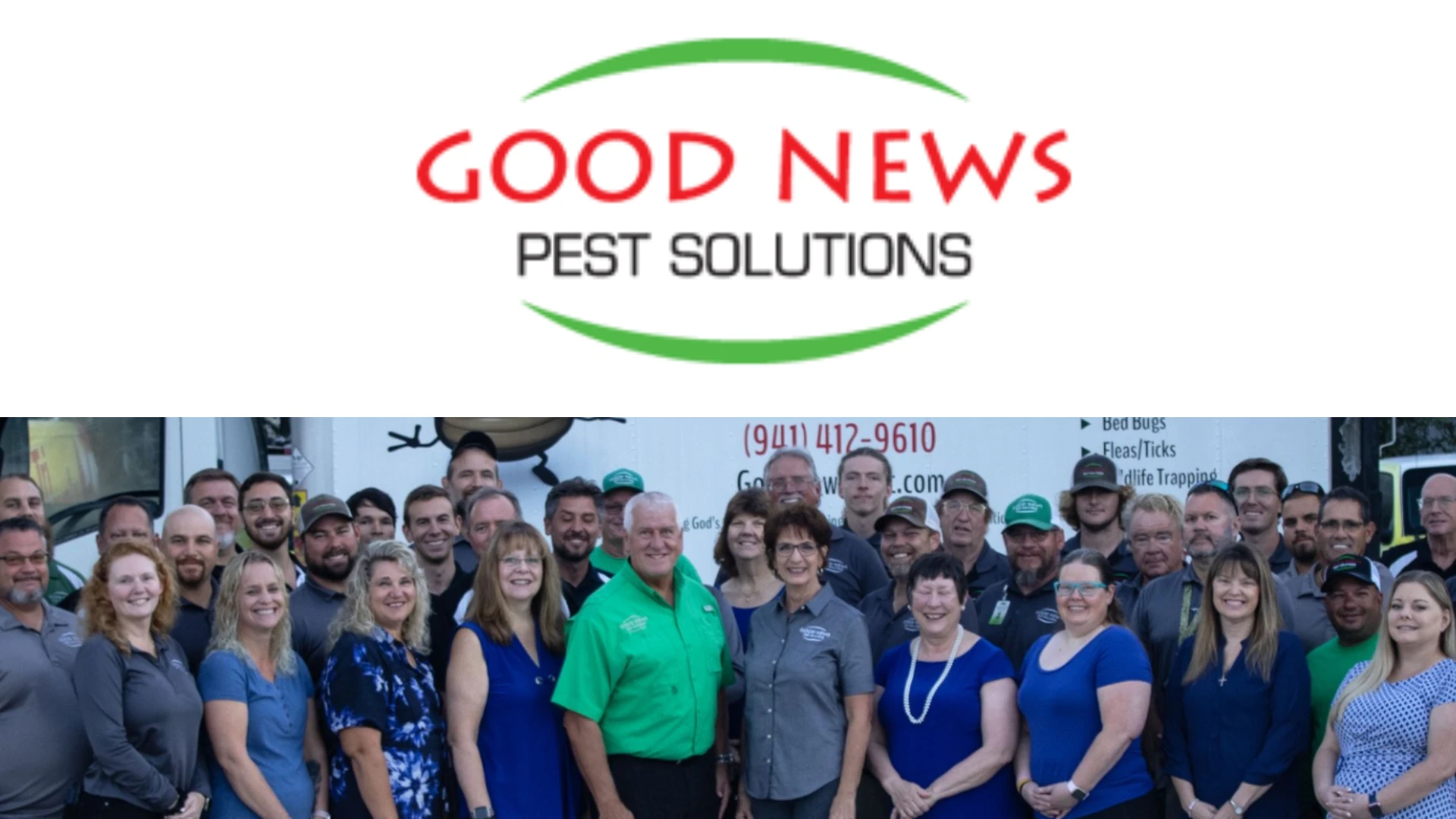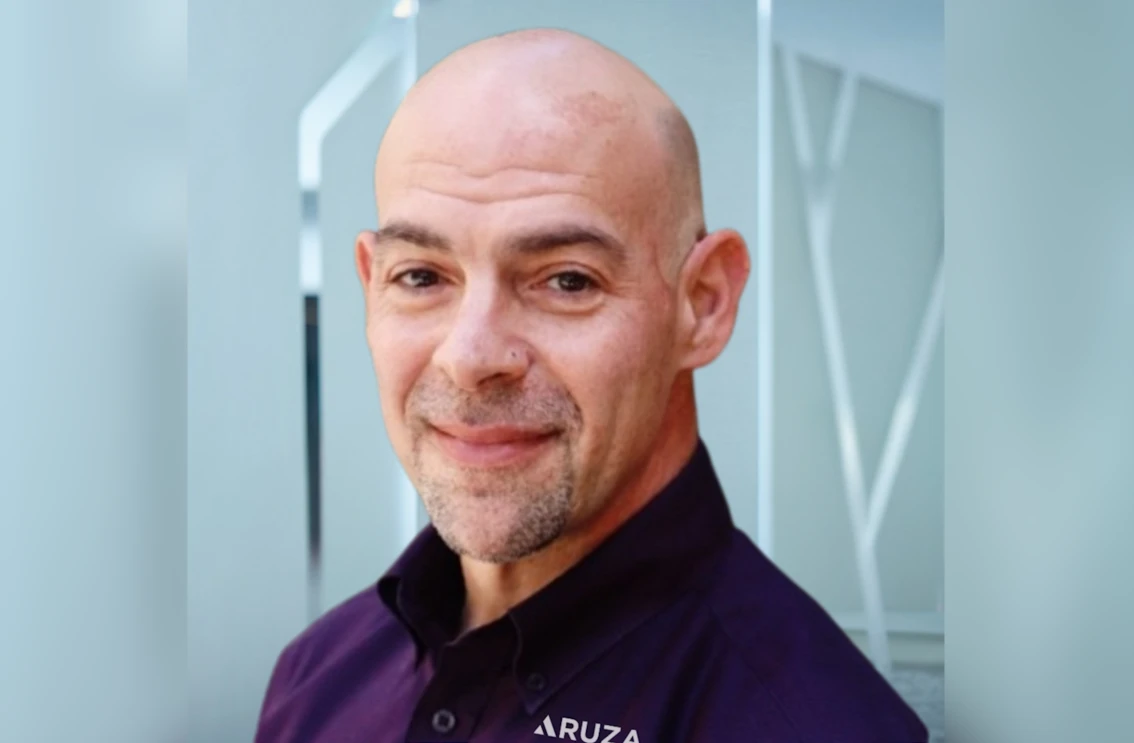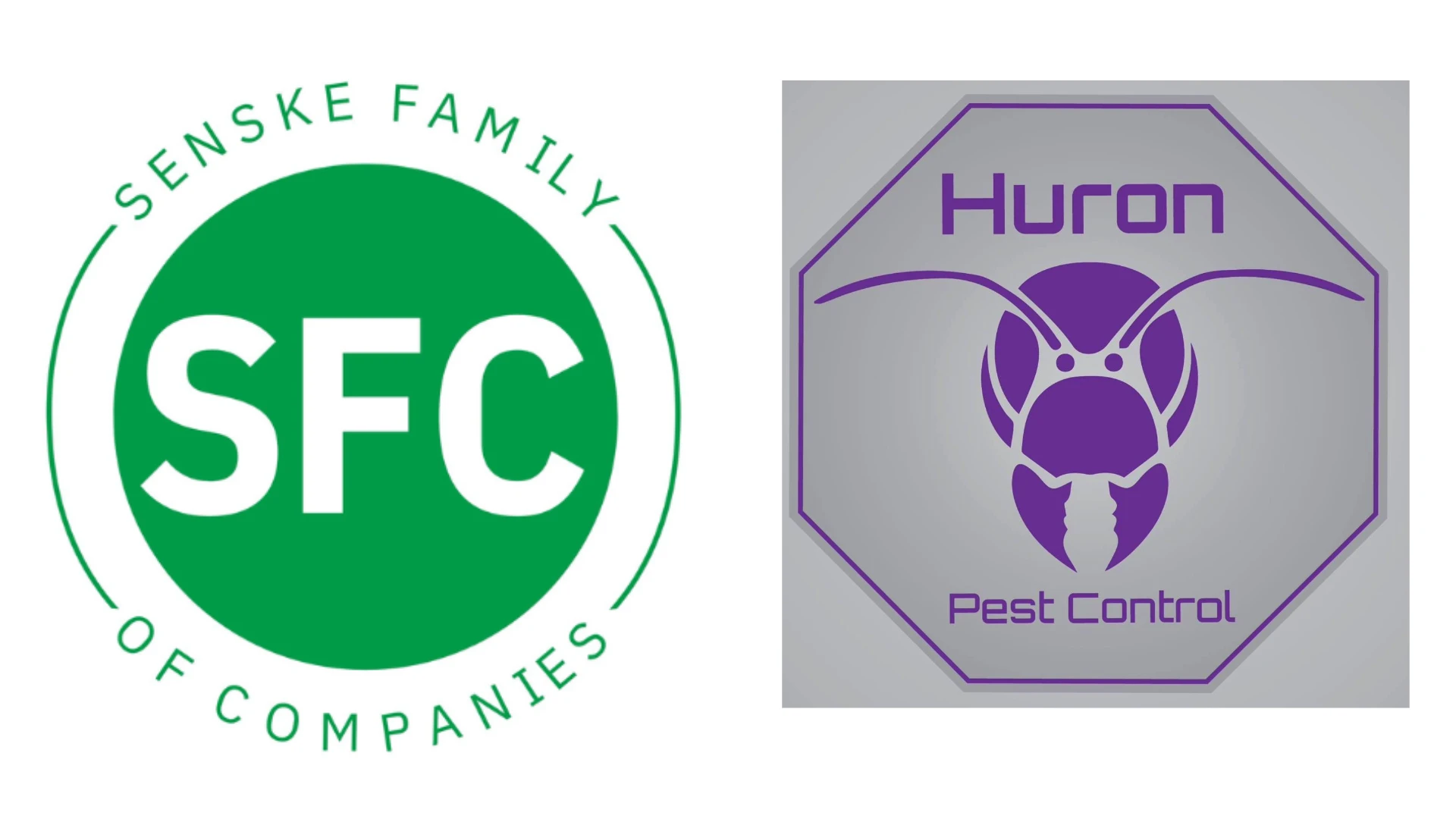U.S. SENATE CONSIDERS SCHOOL BILL THAT MAY AFFECT PCOs
WASHINGTON, D.C. — At press time, the U.S. Senate was set to consider amendments to the Elementary and Secondary Education Act (ESEA), which could impact the way pest management professionals perform pest services at schools across the United States.
The National Pest Management Association (NPMA) and Responsible Industry for a Sound Environment (RISE), as well as a variety of other industry groups, have been working around the clock with several senators to help develop language that would be workable to pest management professionals.
Three pesticide amendments to the bill were introduced on May 9. The first, Sen. Robert Torricelli’s (D-N.J.) Senate Amendment 439, titled the School Environmental Protection Act (SEPA), would require schools to implement IPM programs and provide universal notification to parents when pesticides are applied on school grounds. It would require every parent to be notified 72 hours prior to any pesticide application at the school – whether the parent is interested or not. It would establish a category of "least toxic" pesticides, which schools would be required to use at all times. The pesticides that qualify as "safe" or "least toxic" would be determined through criteria spelled out in the legislation.
In addition, Torricelli’s amendment would establish a national IPM advisory board that would work to develop an IPM program for schools across the United States. "The problem with establishing a national program for the schools is that pesticide laws are different throughout the U.S.," said Gene Harrington, manager of government affairs, NPMA. "According to this amendment, Alaska would follow the same rules as Louisiana, even though there are different pesticide pressure regulations."
Second, Sen. Mary Landrieu (D-La.) filed Senate Amendment 628 to ESEA, an amendment supported by NPMA and RISE. The amendment:
- Establishes a notification registry for parents of school children.
- Baits, pastes, gels, antimicrobials or other material used for crack and crevice treatments are exempt from notification requirements.
- Pesticide applications that are made when a school is not in session for at least 48 hours following the application are exempt from notification requirements.
- If school officials determine that the urgent or immediate use of a pesticide is necessary, then they aren’t required to provide notification.
- Information about the "potential health and safety threats posed by the pests" will be provided in the notice.
- Each state is required to develop and implement an integrated pest management (IPM) program for schools.
Harrington said the industry has been supportive of Landrieu’s amendment. "It’s consistent with what’s been done at the state level regarding school pest management. The laws have proved to be workable for PCOs in those states, so I expect this could work as well," he said.
The third amendment, Senate Amendment 627, was introduced by Sen. Harry Reid (D-Nev.). Reid’s amendment requires 72-hour prior notification to parents for application of most pesticides in schools. This amendment is virtually identical to an amendment Sen. Barbara Boxer (D-Calif.) successfully attached to education financing legislation in March of 2000. Despite passing the Senate, the measure was never considered by the House of Representatives and died when the 106th Congress adjourned last fall.
Although many PCOs do not have schools as accounts, experts say that the regulation of school pesticide applications may later spill over to the regulation of other accounts, such as nursing homes, hospitals, restaurants and other commercial facilities.
Editor’s note: For late-breaking developments regarding the above school pesticide bill, stop by www.pctonline.com in the coming weeks.
MARK LACEY JOINS NPMA AS TECHNICAL CONSULTANT
DUNN LORING, VA. — Dr. Mark Lacey, president, International Pest Management Network (IPMNet-work), New Castle, Del., has entered into an arrangement with the National Pest Management Association (NPMA) to be a technical consultant. Lacey will oversee many of the duties that were handled by Greg Baumann, the Association’s former technical director. After 10 years with NPMA, Baumann left in May to accept a position as president and part owner of Pro-Tech Pest Management in Raleigh, N.C.
IPMNetwork provides a global link to pest management companies, groups, agencies and individuals involved in the urban pest management process. "I’ve had a close relationship with NPMA for a number of years and I think we’re a good fit," Lacey said.
Lacey will assume many of Baumann’s responsibilities as technical consultant in addition to overseeing strategic planning for the technical department. "I plan to review the current materials in the resource center and determine what we have and what needs to be updated, revised or discontinued," he said.
Although Lacey will remain based at his Delaware office, he plans to work from NPMA’s headquarters in Dunn Loring, Va., several days a week.
SYNGENTA, BAYER INVOLVED IN LAWSUIT
GREENSBORO, N.C. — A U.S. patent granted to Bayer AG that would affect U.S. sales of certain Syngenta products has generated litigation and confusion over the rights of two of the companies’ insecticides — Syngenta’s thiamethoxam and Bayer’s imidacloprid.
The confusion stems around patent No. 6,232,309 granted May 15, 2001, to Leverkusen, Germany-based Bayer that would prevent U.S. sales of the thia-methoxam insecticide developed by its Basel, Switzerland-based rival Syngenta.
The patent announcement was immediately followed by a lawsuit from Syn-genta’s Crop Protection unit against Bayer seeking a declaratory judgment that the Bayer patent is invalid. Syngenta said the Bayer patent was invalid because it covers the chemical compound thiamethoxam, which had been invented by Syngenta scientists and is patented in the U.S.
"We have registration, we invented it and we have been selling the product. We don’t believe that their patent is valid and enforceable," Lori Captain, a spokesperson for Syngenta, told PCT.
Ken Gordon, Syngenta external communications manager, said the company received a U.S. patent for the use of thia-methoxam as an insecticide last February.
"Syngenta is confident that its actions in manufacturing and selling thiamethoxam in the U.S. do not infringe any valid and enforceable patents owned or controlled by Bayer. Syngenta will vigorously defend its right to continue marketing its products based on the patented compound," Syngenta said in a statement.
According to Bayer, "This is a successful step to stop the activities of Syngenta in infringing Bayer’s intellectual property rights. The patent covers insecticidal crop protection agents and embraces the active ingredient thiamethoxam which was developed in direct competition with Bayer’s imidacloprid."
CENTEX HOMETEAM ON BUYING BINGE
DALLAS — There’s more buying and selling occurring in the pest control industry.
Centex HomeTeam Pest Management, a subsidiary of Centex HomeTeam Services, announced in April that it had acquired Unified Services Inc. of Atlanta, Ga., and Unified’s subsidiaries. The purchase price was not disclosed. The acquisition expands Centex HomeTeam Pest Manage-ment’s nationwide operations to 32 offices and increases its customer base to more than 250,000, the company says.
Last November, Centex acquired Wilson Pest Management Group, Phoenix, Ariz. That acquisition added 6,100 customers and 33 employees to existing operations there.
Also, in December the company acquired three Florida pest control companies: Armor Pest Control of Tampa and Ocala, Walkup Pest Control of Orlando and Phoenix Pest Control of Tampa. Those acquisitions added 7,150 customers and 40 employees to the company’s pest management operations.
Centex HomeTeam Services, a subsidiary of Dallas, Texas-based Centex Corporation, provides pest management, termite treatment, lawn and landscape care and security monitoring services through its subsidiaries. Centex is one of the nation’s largest home builders, non-bank-affiliated retail mortgage lenders and commercial contractors. The company also has operations in investment real estate and owns a majority interest in a publicly held construction products company.
SECTOR DIAGNOSTICS, WHITMIRE MICRO-GEN CREATE ALLIANCE
ST. LOUIS — Sector Diagnostics and Whitmire Micro-Gen announced in mid-May an alliance in which Whitmire Micro-Gen will provide all national marketing and sales responsibilities for the TermatrolPro brand product line of termite monitoring stations and perimeter insect baiting stations.
Sector Diagnostics manufacturers the TermatrolPro brand product line. The brand offers several termite monitoring and multi-use stations in conjunction with a complementary line of support products and an extensive marketing/graphics library. The three main products include the Protector station, designed specifically for termite monitoring; the Eliminator station, designed as a dual use termite monitoring and insect baiting station; and the C-THRU station, a multi-use station for use in wall voids, through concrete and other hard surfaces.
"Whitmire Micro-Gen and Sector Diagnostics share a desire to provide the industry with high-quality, profit-enhancing products, unparalleled service and state-of-the-art technical expertise," explains Andy Symons, president of Whitmire Micro-Gen. "The synergies and additional services created through this alliance will have tremendous benefits for our pest management professional customers."
For more information visit www.wmmg.com.
NETWORK PROVIDES PESTICIDE INFORMATION
CORVALLIS, ORE. — The pest control industry has another ally when it comes to the issue of public education about pesticides and their uses. The National Pesticide Telecommunications Network’s telephone hotline (800/858-7378) and Web site (http://nptn.orst.edu) provides chemical, health and environmental information on more than 600 pesticide active ingredients incorporated into more than 50,000 different products registered for use in the United States since 1947.
"PCOs like the service because it’s a place they can direct customers for problems or questions when they are unable to answer them or are away from the office," said Dr. Terry Miller, director, NPTN.
According to Miller, the goal of NPTN is "to deliver objective, science-based information on pesticides and pesticide-related issues with the goal of promoting informed decision making." The Network has compiled information from a variety of organizations, including the Environmental Protection Agency, National Pest Management Association, university extension offices, pest control product manufacturers, the Centers for Disease Control and Prevention, etc. In addition, NPTN produces its own fact sheets that can be downloaded from the Web site.
Most of NPTN’s efforts are geared towards homeowners. "Our typical caller is a middle- to upper-middle class housewife who has either been visited by a PCO or is anticipating one and she has concerns about pest control products," Miller said.
What happens when someone asks the Network for advice on pest control treatments and products? "We never make recommendations, but if they have specific questions [on products or treatments] we do try to answer them fairly," he said. " I think we’re balanced in our views. We’re certainly not one end of the spectrum or the other."
Miller said the Network takes great pride in the ability to present a large amount of information that is easily understood by the general public. Every member of the 15-person staff holds a bachelor’s or master’s degree in a pest control-related subject — i.e., public health, entomology or toxicology. Network members also go through extensive training programs before talking to callers. "We want good information to go out of this network, and I think it’s important that the staff learn all they can up front," Miller said.
Educating Network visitors on the fundamental principles of toxicology is one of the most important components of the job, Miller said. "So many people today still believe that if there is pesticide residue in their homes, they’re going to be poisoned," he said. "We want to be a resource that provides people with the correct information."
Contact the National Pesticide Telecommunications Network at 800/858-7378 from 9:30 a.m. to 7:30 p.m., seven days a week.
DOW AGROSCIENCES MATCHES DONATION
INDIANAPOLIS — Dow AgroSciences recently contributed $56,992 to the Professional Pest Management Alliance (PPMA), a match of the donation from industry professionals generated through a challenge issued by Reid Sprenkel, general manager at Dow AgroSciences, at the National Pest Management Associa-tion’s Legislative Day earlier this year.
"We’re proud of how industry participants at Legislative Day stepped up to the plate with pledges of support for PPMA," says Sprenkel. "PPMA is making great strides to bolster the public awareness of our industry and grow the size of the professional services opportunity. Ongoing support and contributions are much needed and help to continually strengthen this effort."
Sprenkel announced at Legislative Day that Dow AgroSciences would match —dollar for dollar — new pledges for contributions to PPMA submitted by PCO participants that day. Catherine Imus, executive director for PPMA, said the Dow Agro-Sciences challenge was the first time a manufacturer took such a creative approach to encourage contributions to the organization.
"Dow AgroSciences’ commitment to support PPMA was once again demonstrated very clearly to our membership through this challenge, and our membership met the challenge with great enthusiasm as a result," Imus said. "We were delighted at the fabulous response of well over $100,000 in new pledges for this year and thank all the contributors for their support."
Anyone wishing to learn more about PPMA’s industry promotion efforts or contribute to the organization may contact the organization at 800/678-6722 or visit www.pestworld.org.
TECHNICIAN OF THE YEAR NOMINEES SOUGHT
Cleveland, Ohio – It’s time to honor your company’s service professionals who have gone above the call of duty by nominating them for the 2001 Syngenta/Service Technician Technician of the Year Awards.
Begun in 1996, the Technician of the Year Awards are the only national awards recognizing the achievements of the industry’s front-line pest management professionals. Each year a trio of standout technicians in the residential, commercial and termite categories is honored for their contributions to company, community and the pest control industry. The three winners are profiled in a special Service Technician supplement and are honored with a plaque at a special ceremony at the Purdue Pest Control Conference.
To be considered, technicians must:
- Have served actively in the industry for five or more years.
- Have participated in industry educational meetings.
- Have exhibited excellence in safety, customer relations and leadership.
- Be active in their community.
- Be nominated by their manager.
Give your technicians the recognition they deserve by nominating them as a 2001 Technician of the Year. For entry forms, check out the April and May issues of Service Technician, contact Brad Harbison at 800/456-0707 or visit www.pctonline.com/files/2001ta_form.pdf. All entries must be received by July 31, 2001.
MASSEY SERVICES ACQUIRES RSA TERMITE & PEST CONTROL
ORLANDO — Massey Services Inc. (www.masseyservices.com) has completed an asset purchase of RSA Termite & Pest Control Inc., based in Atlanta. The purchase adds almost 9,000 customers to Massey’s Atlanta market.
The Georgia Department of Agriculture (GDA) cited RSA for failing to complete termite pretreatments on more than 4,200 homes since 1995. Following negotiations involving the state, RSA and Massey, an agreement was reached turning over all of RSA’s customer contracts, accounts, inventories and fixed assets to Massey. Under the terms of the agreement, Massey will complete all of the required perimeter barrier treatments.
"Most important in this process is ensuring that all of those homes receive the protection to which they are entitled," said Harvey L. Massey, president and CEO, Massey Services.
In April, the state levied civil penalties in excess of $10 million against RSA, the largest such penalties ever assessed by the GDA. The agreement reached means RSA avoids paying those penalties, but surrenders its pest control licenses.
BASF CLOSES CENTER; NO EFFECT ON PEST CONTROL
Princeton, N.J. — BASF AG announced in May that it will close its agricultural products research center in Princeton, N.J., next year, cutting 500 jobs. The closing will not affect BASF’s professional pest control or lawn care divisions.
BASF said it plans to concentrate its agricultural research in Germany and Research Triangle Park, N.C., following its $3.8 billion buyout last year of American Home Products’ pesticide business. BASF will end research and development in Princeton by the end of June 2002 and close the center there by the end of the third quarter of that year.
"It just made good business sense to have all of our research facilities at one site — at Research Triangle Park," said Derek Miller, marketing communication manager for BASF’s turf, ornamental and pest control divisions.
BAYER PROFESSIONAL CARE REORGANIZES
KANSAS CITY, MO. — The Professional care business unit of the Bayer Corporation has changed its name to Bayer Corporation, Professional Care to reflect the company’s increased focus and commitment to PCOs. For more information call 800/842-8020 or visit www.bayerprocentral.com.
WANT MORE?
Enter your email to receive our newsletters.

Explore the June 2001 Issue
Check out more from this issue and find your next story to read.
Latest from Pest Control Technology
- Webinar: Employee Incentives — Going Beyond the Annual Raise
- Pest Control Companies Helping Neighbors in Need Eradicate Bed Bugs
- Why Does Marketing Feel So Opaque?
- How Did This Pest Get Its Name?
- Rose Pest Solutions Honors Top Performers with Annual Chief’s Club Awards
- Doug Foster on Termite Control Equipment, Resources
- Pest Control Consultants Acquires EcoGuard Pest Control
- Pest Index Increased 9 Percent YOY in February









